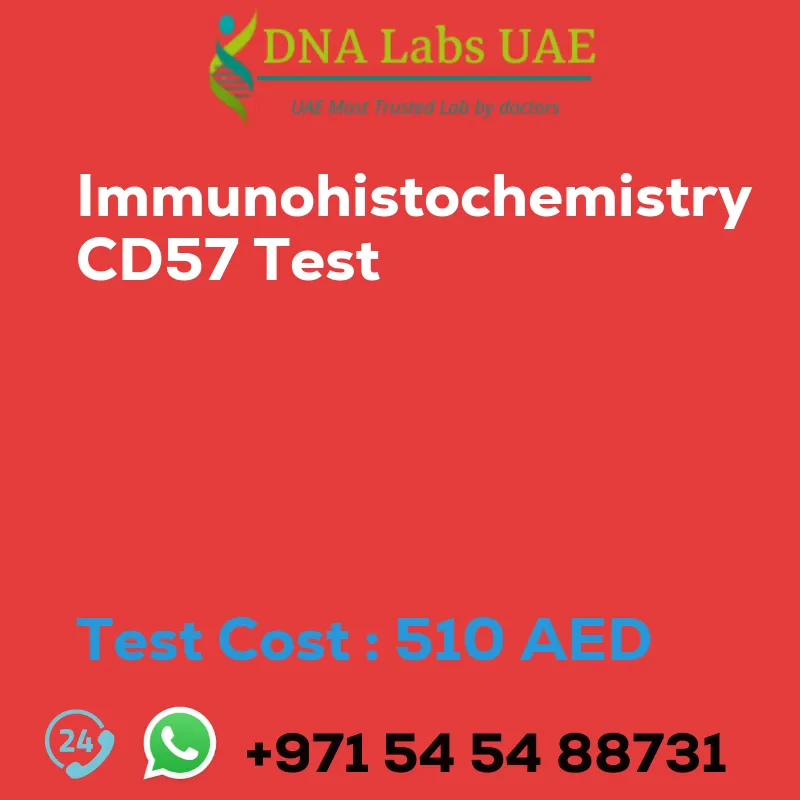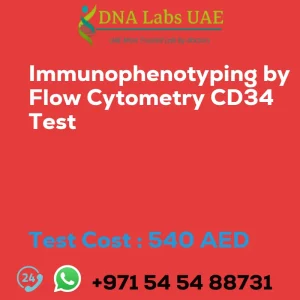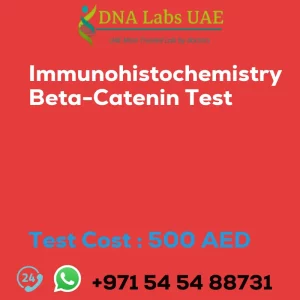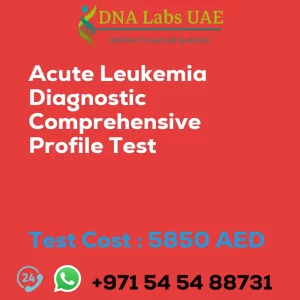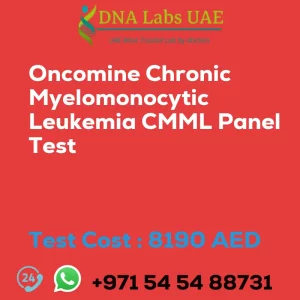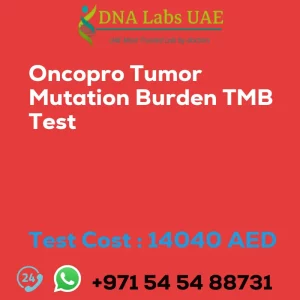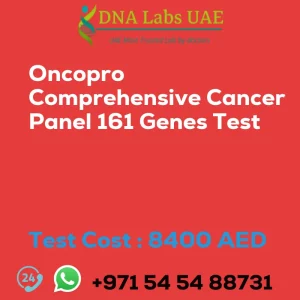IMMUNOHISTOCHEMISTRY CD57 Test
At DNA Labs UAE, we offer the IMMUNOHISTOCHEMISTRY CD57 Test to help diagnose and classify certain diseases, including cancer, infectious diseases, and autoimmune disorders. This test detects the presence of CD57 antigen on the surface of cells, specifically on natural killer (NK) cells and a subset of T-cells.
Test Details
The CD57 test is performed using immunohistochemistry (IHC), which involves staining tissue samples with specific antibodies that bind to the CD57 antigen. These antibodies are labeled with a chromogen or fluorophore, producing a visible color or fluorescence signal when bound to the antigen. This allows for the visualization and identification of CD57-positive cells under a microscope.
By evaluating the presence and distribution of CD57-positive cells in various tissues, the CD57 test can aid in the diagnosis and classification of diseases. It can also provide insights into the function and activity of NK cells and T-cells in the immune response.
Test Cost
The cost of the IMMUNOHISTOCHEMISTRY CD57 Test is AED 510.0.
Symptoms and Diagnosis
If you are experiencing symptoms that may be related to certain diseases, such as cancer, infectious diseases, or autoimmune disorders, it is recommended to consult with an oncologist or healthcare professional. They can evaluate your symptoms, medical history, and perform the necessary tests, including the CD57 test, to aid in diagnosis.
Sample Condition and Delivery
For the CD57 test, it is required to submit tumor tissue in 10% Formal-saline or a Formalin fixed paraffin embedded block. The sample should be shipped at room temperature. Additionally, please provide a copy of the Histopathology report, site of biopsy, and clinical history.
The report delivery timeline is as follows:
- Sample: Daily by 6 pm
- Report Block: 5 days
- Tissue Biopsy: 5 days
- Tissue large complex: 7 days
Test Department and Doctor
The IMMUNOHISTOCHEMISTRY CD57 Test is performed in the HISTOLOGY department. It is recommended to consult with an oncologist for this test.
Pre Test Information
Prior to undergoing the CD57 test, it is important to provide a copy of the Histopathology report, site of biopsy, and clinical history. This information is crucial for accurate interpretation of the test results.
Please note that the interpretation of CD57 test results should be done by a trained pathologist or healthcare professional, as the presence or absence of CD57-positive cells can vary depending on the tissue type and disease condition.
| Test Name | IMMUNOHISTOCHEMISTRY CD57 Test |
|---|---|
| Components | |
| Price | 510.0 AED |
| Sample Condition | Submit tumor tissue in 10% Formal-saline OR Formalin fixed paraffin embedded block. Ship at room temperature. Provide a copy of the Histopathology report, Site of biopsy and Clinical history. |
| Report Delivery | Sample Daily by 6 pm; Report Block: 5 days Tissue Biopsy: 5 days Tissue large complex : 7 days |
| Method | Immunohistochemistry |
| Test type | Cancer |
| Doctor | Oncologist |
| Test Department: | HISTOLOGY |
| Pre Test Information | Provide a copy of the Histopathology report, Site of biopsy and Clinical history. |
| Test Details |
The CD57 test is an immunohistochemistry (IHC) test used to detect the presence of CD57 antigen on the surface of cells. CD57, also known as NK-1, is a marker found on natural killer (NK) cells and a subset of T-cells. The IHC CD57 test involves staining tissue samples with specific antibodies that bind to the CD57 antigen. The antibodies are labeled with a chromogen or fluorophore that produces a visible color or fluorescence signal when bound to the antigen. This allows for the visualization and identification of CD57-positive cells under a microscope. The CD57 test is commonly used in clinical and research settings to evaluate the presence and distribution of CD57-positive cells in various tissues. It can help in the diagnosis and classification of certain diseases, including certain types of cancer, infectious diseases, and autoimmune disorders. Additionally, the CD57 test can provide information about the function and activity of NK cells and T-cells in the immune response. It is important to note that the interpretation of CD57 test results should be done by a trained pathologist or healthcare professional, as the presence or absence of CD57-positive cells can vary depending on the tissue type and disease condition. |

